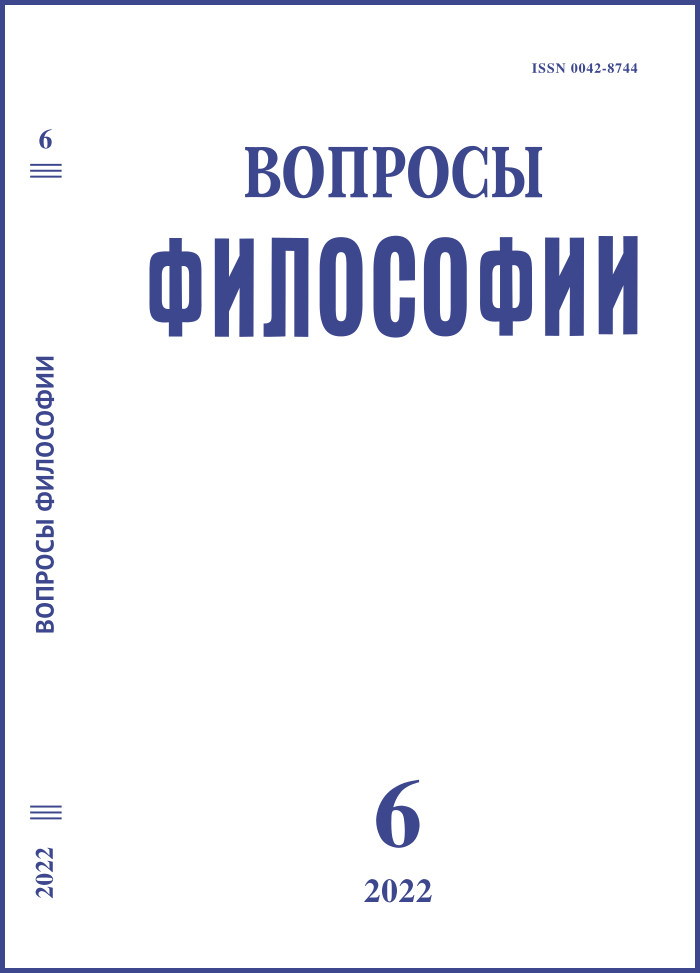Marxism as Alternative Project within Secularized Protestantism
DOI:
https://doi.org/10.21146/0042-8744-2022-6-142-152Keywords:
Abrahamism, capitalism, cosmoteosis, cultural Orthodoxy, cultural Protestantism, isolating historicism, liberalism, Marxism, perichoresis, Reformation, socialismAbstract
The article views the problem of Marxist heritage from the standpoint of social Christianity. The authors urge to overcome the stereotype of considering Marxism as a conceptual and ideological antithesis to liberalism. The authors consider it practicable and imperative that Marxism should be viewed as a socio-philosophical trend that had arisen within the framework of secularised Protestantism or cultural Protestantism. It can be considered more moderate than secular Protestant fundamentalism, whose political and economic ideology is based on liberalism. Having emerged in the cultural and intellectual field of the European Reformation and as its partial negation, Marxism can be described as a critical commentary on it. The goal of Marxism is to combine biblical (Abrahamic) values with the protestant values of Progress understood in a utilitarian way, thereby rejecting historical religions. According to the authors, the Marxism program was afflicted by internal contradictions and was therefore doomed to failure. The authors go on to declare the historical inevitability of the collapse of liberal capitalism and to justify his position from the standpoint of social Christianity.
Published
Versions
- 2025-02-06 (2)
- 2022-06-30 (1)

